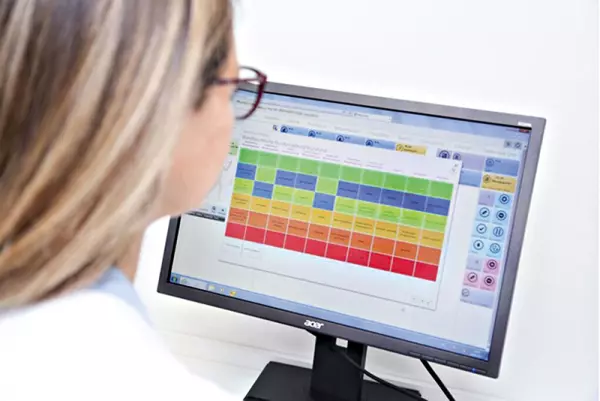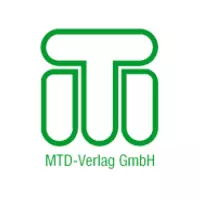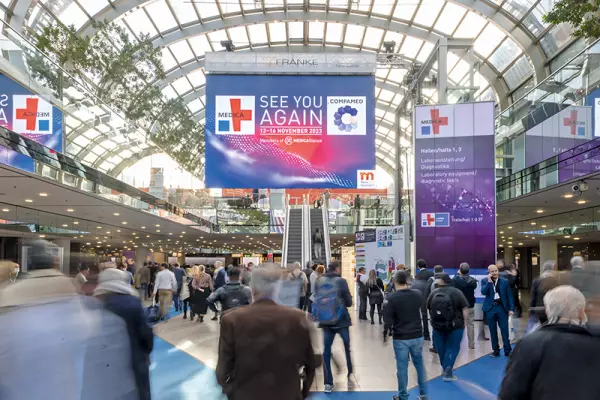
(04/2022) The youth movement "Fridays for future" is showing the way, the Berlin traffic light coalition is following suit: there is no longer any way around climate protection and sustainable management in personal, economic and institutional everyday life. It is therefore no wonder that the topic is also spilling over into the procurement market of hospitals. The first ZUKE Green Health Congress at the end of November showed how sustainable shopping and business can work here. The online congress was aimed at hospitals, the medtech industry, purchasing groups and retailers, among others. The main topics were recycling management, the Due Diligence Act, climate-related product groups and solutions, the Climate Protection Act and CO 2 accounting as well as innovation. In best practice presentations, hospitals presented their first successful projects in the field of sustainability and companies their solutions for more sustainability. According to the official count, more than 300 participants had registered. In the plenums, there were usually around 120 at the same time. Key term “Sustainable” One term came up again and again: “sustainable” – “nachhaltig” or “environmentally friendly” are German synonyms for it. But how does a customer recognize a sustainable supplier and sustainably manufactured and transported products? Or how can manufacturers make it clear that they produce sustainably? Jan Bussiek from the B2B platform Unite, which grew with its marketplace Mercateo, showed a solution. He described sustainability as an interaction of three aspects (so-called ESG criteria environment, social, governance): social compatibility (e.g. fair wages in the supply chain), environmental compatibility (e.g. climate-neutral) and honesty (e.g. fairer Contest). Unite is a platform for sourcing “indirect needs”, i.e. products that do not flow into the main products/manufactures of the respective company (e.g. car parts) but are important for the general activity of the company (e.g. office supplies). ). In Germany, users have access to around 150 million offers for over 25 million articles. Hundreds of pre-integrated catalogs and providers can be unlocked. You can order directly from the respective catalogues. The platform mediates a sales volume of 400 million euros across Europe. 1,200 suppliers and 300 million articles are integrated in 14 countries. Over 100,000 companies order and can access 50 standardized partner systems via Unite. Internationally, Mercateo has around 700 employees. Sustainability as a selection criterion All suppliers have committed themselves to complying with a code of conduct. Each individual is qualified and evaluated annually









